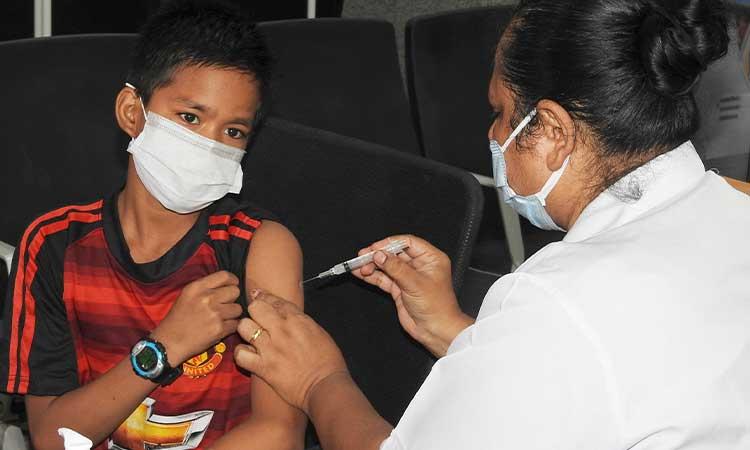Better access to vaccines could have prevented more than 50 per cent of Covid-19 deaths in 20 lower income countries, scientists contend in a new study.
The study, published in the journal Nature Communications, showed that an estimated 518,000 deaths could have been averted if the 20 countries in the study, including Kenya, Afghanistan and Bolivia, had the same access to vaccines as the US.
Delayed vaccination campaigns also meant that some of the countries extended "non-pharmaceutical interventions" such as school, restaurant and business closures for longer periods of time than higher income countries, said Professor Alessandro Vespignani at Northeastern University in the US.
The estimation that "thousands and thousands" of lives were lost to vaccine inequity was a "punch in the stomach", Vespignani said.
In the study, a team of scientists used a computational epidemic model to estimate how many deaths would have been averted in the 20 countries, if they had received the Covid-19 vaccines at the same time as the US and other high income countries and in comparable quantities.
The results estimated that more than 50 per cent of deaths that occurred in the analysed countries could have been averted.
"For more than half of the countries, the percentage of deaths averted exceeds 70 per cent, with peaks above 90 per cent for Afghanistan and Uganda," the paper said.
In a second "what if" scenario, the team also looked at what would have happened if the nations had received the vaccines earlier, but in no greater amount.
"Even without increasing the number of doses, we estimate an important fraction of deaths (6 per cent to 50 per cent) could have been averted".
The team said that while health agencies such as the Covid-19 Global Vaccine Access (COVAX) programme anticipated the problem and tried to address it but failed to do so in time,.
In addition, shortage of frontline health workers, limited funding and lack of infrastructure for vaccine delivery acted as barriers to accelerated vaccine delivery in low and lower middle income countries.
Besides being "very costly in terms of life," vaccine inequity encourages the circulation of pathogens in countries where a large percentage of people are not inoculated, Vespignani said.
The scientists called for development of a system for timely vaccine doses and ease of delivery, both logistic and manufacturing capacity, in the case of another pandemic.
Also Read| Imran has no evidence on assassination claim: Pak Minister


















